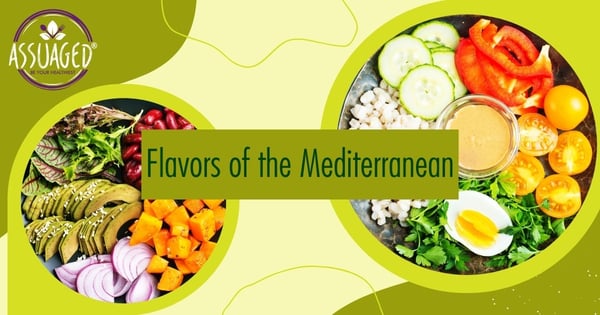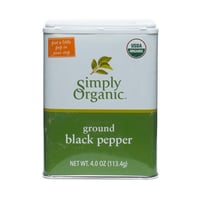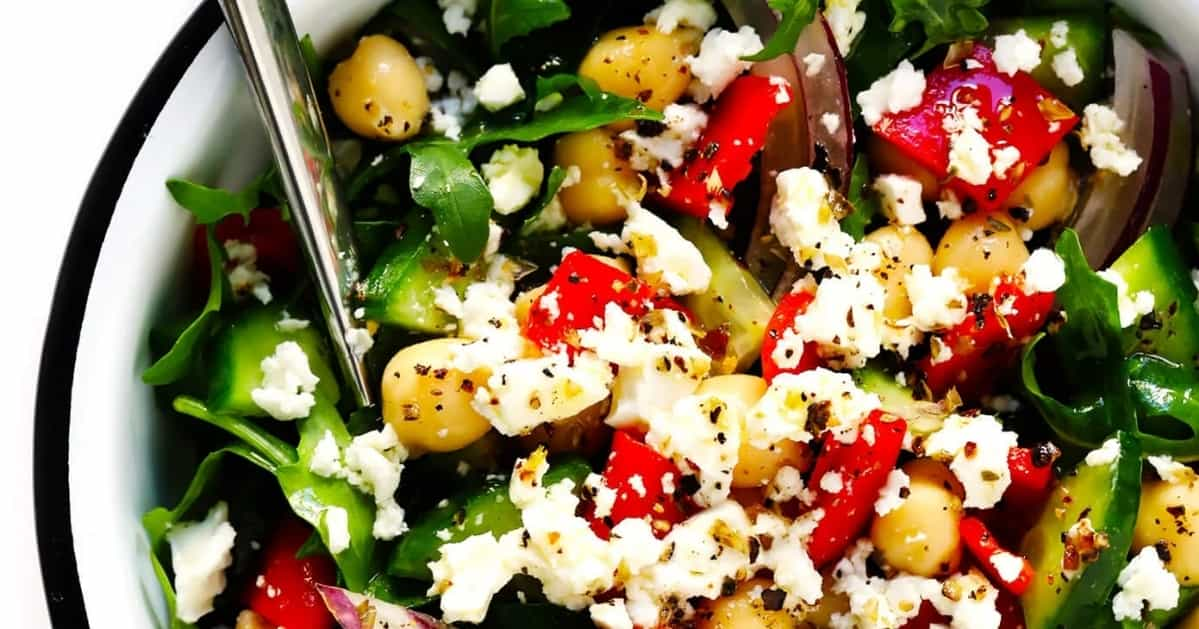In a world where heart disease remains a leading cause of mortality, the Mediterranean diet stands out as a beacon of hope. With its rich tapestry of flavors and wholesome ingredients, this dietary pattern has garnered attention for its remarkable ability to promote heart health and overall well-being.
Let's delve into the science-backed evidence supporting the Mediterranean diet's role in combating heart disease and explore practical tips for incorporating its principles into everyday life.
Understanding the Mediterranean Diet
The Mediterranean diet positively impacts chronic diseases such as diabetes, obesity, certain cancers, and cardiovascular disease by emphasizing nutrient-rich foods like fruits, vegetables, whole grains, nuts, seeds, and olive oil. [1][2]
This diet is abundant in antioxidants, anti-inflammatory compounds, and heart-healthy fats, which reduce the risk of chronic diseases.[3]
The Mediterranean diet encourages moderate consumption of lean proteins such as poultry and fish while limiting red meat and processed foods. This diet further supports overall health and well-being and maintains positive heart health. [4]
Overall, the Mediterranean diet has a balanced approach to nutrition, which, coupled with its association with lower rates of chronic disease in various studies, underscores its effectiveness in promoting long-term health. [1]
Reasons Why the Mediterranean Diet is Fascinating
- Health Benefits: Various studies indicate that the Mediterranean diet has many health benefits, which help reduce the risk of heart disease and stroke. [1]
- Diverse and Delicious: The Mediterranean diet prioritizes unprocessed, wholesome foods like fruits, vegetables, whole grains, legumes, nuts, seeds, olive oil, fish, and moderate portions of dairy and red wine. [5] Renowned for its wide array of flavors and ingredients, it offers health benefits and culinary delight.
- Emphasis on Olive Oil: Olive oil is a cornerstone of the Mediterranean diet, providing healthy fats and antioxidants. It is used for cooking, dressing salads, and flavoring various dishes, contributing to its unique taste profile and health benefits.
- Flexibility and Sustainability: The Mediterranean diet is not overly restrictive or prescriptive, unlike many fad diets. It encourages moderation rather than elimination, making it easier to adopt and sustain long-term. Plus, it's adaptable to different cultural and regional preferences, making it accessible to many people.
- Cultural and Social Aspects: The Mediterranean diet is about more than food. It is also about lifestyle. Family and friends often enjoy meals, emphasizing social connections and relaxation. This cultural aspect adds depth to the diet's overall appeal.
This type of diet, Mediterranean, offers a holistic approach to health and well-being, combining delicious food, nutritional science, and cultural traditions. [6]

Wine Pairings Elevate Mediterranean Cuisines and Heart Health
Mediterranean cuisine harmonizes beautifully with various wines, showcasing the rich tapestry of flavors and ingredients inherent to the region. Exploring diverse wine selections can enrich the dining affair and accentuate the nuanced tastes of Mediterranean dishes. Additionally, red wine, known for its heart-healthy properties, further enhances the overall cardiovascular benefits of the Mediterranean diet.

Recommendations for Adherence to the Mediterranean Diet
- Healthcare Organization: Health systems prioritizing preventive care and lifestyle interventions, such as promoting the Mediterranean diet, can experience improved heart health outcomes. This includes initiatives like community-based nutrition education programs, cooking classes, and support groups focused on adopting Mediterranean dietary patterns. Additionally, incorporating dieticians and nutritionists into primary care teams can enhance patient education and support for nutritional changes.
- Health Law: Legislation that supports access to healthy foods, regulates food labeling, and restricts unhealthy food advertising can create an environment conducive to adopting the Mediterranean diet. Policies promoting sustainable agriculture and fisheries can also contribute to the availability and affordability of Mediterranean diet staples such as fruits, vegetables, and fish.
- Health Workforce Development: Training healthcare professionals in nutrition counseling and behavior change techniques equips them to effectively promote and support patients in adopting the Mediterranean diet for heart health. Integrating nutrition education into medical and nursing curricula ensures that future healthcare providers have the knowledge and skills to address dietary factors in preventing and managing cardiovascular disease.
- Healthcare Financing: Health systems that allocate resources towards preventive care, including nutrition counseling and dietary interventions, can reduce the burden of cardiovascular disease and associated healthcare costs. Reimbursement mechanisms that incentivize providers to incorporate nutrition counseling and lifestyle interventions into routine care encourage the integration of the Mediterranean diet into clinical practice.
In Summary
The Mediterranean diet shines as a symbol of hope for heart health. By embracing its principles, individuals not only relish delectable and fulfilling meals and lay the groundwork for a stronger heart and extended vitality.
Rooted in tradition yet bolstered by contemporary scientific findings, this dietary regimen offers a timeless framework for nourishing the body and spirit. As we navigate our journey towards optimal heart health, let us look to the Mediterranean diet as a guiding beacon, illuminating our path towards a healthier, more joyful future.
Mediterranean Delights: Taste the Goodness!
-
Mediterranean Breakfast Recipes
-
Mediterranean Soups and Stews
-
Mediterranean Dinner Recipes
-
Mediterranean Shareable Sides and Small Plates
-
Mediterranean Desserts and Breads
Help support Assuaged and SAVE on great vegan organic products and more with Thrive!
What’s your favorite vegan Mediterranean recipe? Let us know in the links down below! You can also share your own recipe with us on our ➡️Share A Recipe Page⬅️!





















